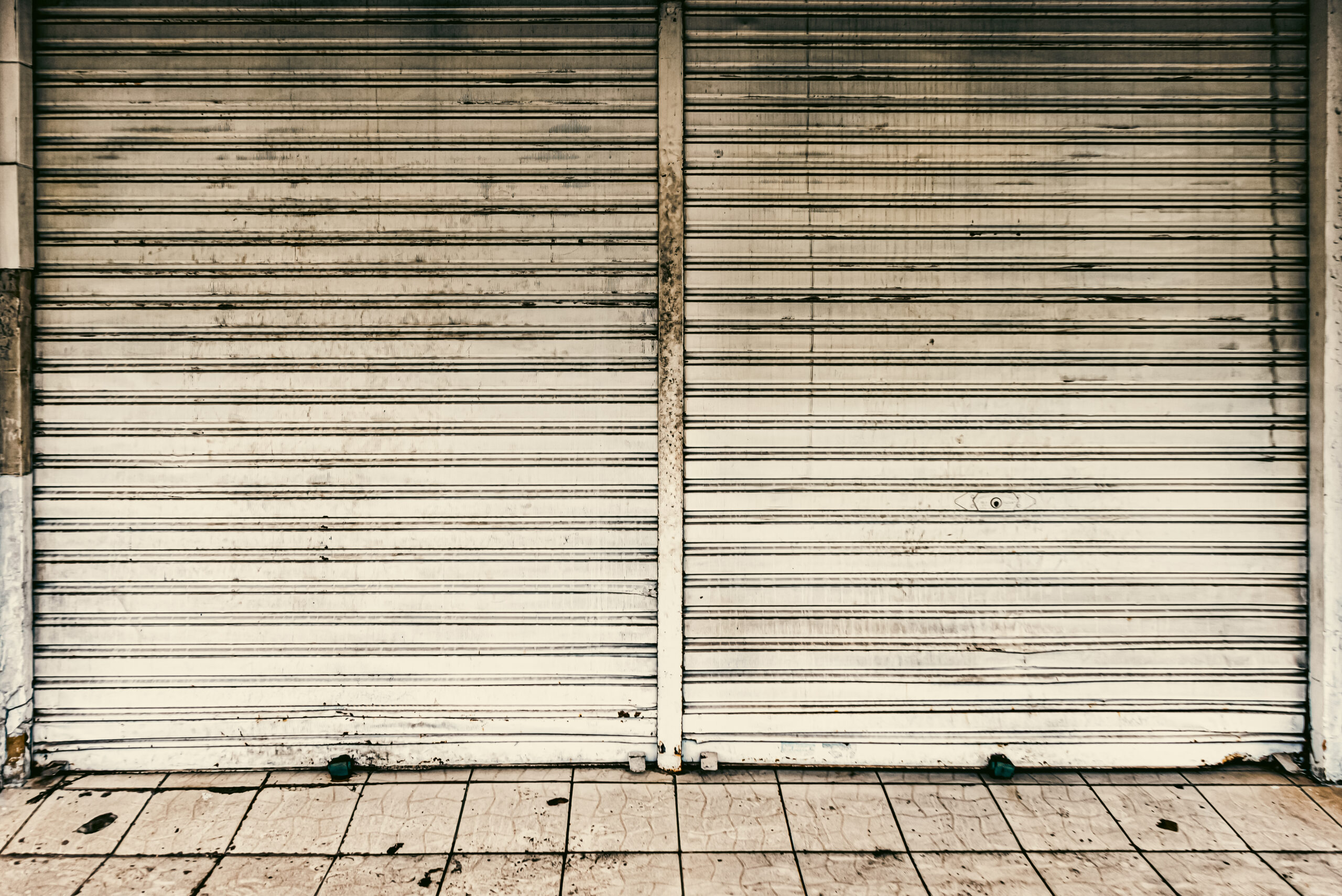
Commercial Door Repair vs. Replacement: How to Make the Right Call
If your facility is growing, consolidating, or just trying to keep up with demand, your commercial doors could be slowing you down or quietly eating into your budget.
A malfunctioning or inefficient door might seem like a small issue, but it can have a big impact on your operation’s productivity, safety, and energy costs.
“Doors are one of those things that seem simple, until they’re not,” says Tom Racer, project engineer for Engineered Solutions at Burwell Material Handling. “If they’re sticking, leaking air, or breaking down often, it’s time to take a closer look.”
Repair or Replace Your Commercial Door? Here’s How to Decide
When your doors need attention, the first question is: Should you repair it or replace it altogether? Here’s how to decide which option makes the most sense for your facility.
Repair Makes Sense When:
- The issue is minor — think hinges, locks, or alignment.
- Parts are easy to get.
- The door is still relatively new and energy-efficient.
- You need a fast fix to avoid downtime.
Replacement Is the Better Call When:
- The frame is warped or the structure is compromised.
- You’re dealing with frequent breakdowns.
- The door is outdated or no longer meets your security or insulation needs.
- You’re upgrading your facility and need doors that can keep up.
“Whatever you decide, make sure the solution aligns with your long-term facility goals,” Racer says.
What to Know About Commercial Door Brands
If you’re leaning toward replacement, here are two trusted brands to consider:
- Clopay: Durable and versatile. With regular maintenance, they last, but older models may lack the insulation or tech-readiness you need now.
- C.H.I.: Known for energy efficiency and strength. Great for high-traffic docks and tough weather, but like any door, they wear down over time.
Top Reasons to Replace Commercial Doors
- Worn or Damaged Seals: Leaky seals lead to energy loss and higher costs. Replacing the door can be more economical than repeated fixes.
- Corrosion: Steel doors exposed to salt, moisture, or chemicals can degrade quickly, especially in Midwest or coastal operations.
- Impact Damage: Busy loading docks need doors that can take a hit and keep working. If damage has compromised the structure, it’s time for an upgrade.
How to Build a Smarter Commercial Door Strategy
If you’re a COO, CFO, or VP of Ops, you have to think about what your facility needs to look like in three to five years. A strategic approach to commercial doors can help:
- Reduce unplanned downtime
- Support automation and access control
- Improve insulation energy efficiency
- Avoid costly retrofits down the road
“Think of it like upgrading your facility’s front line,” Racer says. “It’s a small change that can make a big difference.”
Need help deciding whether to repair or replace your commercial doors?
Our commercial door specialists can assess your current setup and help you weigh repair vs replacement.
We provide:
- On-site door and operational assessments
- Honest guidance based on long-term value
- Installation of trusted high-performance doors
- Preventative maintenance plans to protect your investment
Let’s talk about your doors.
